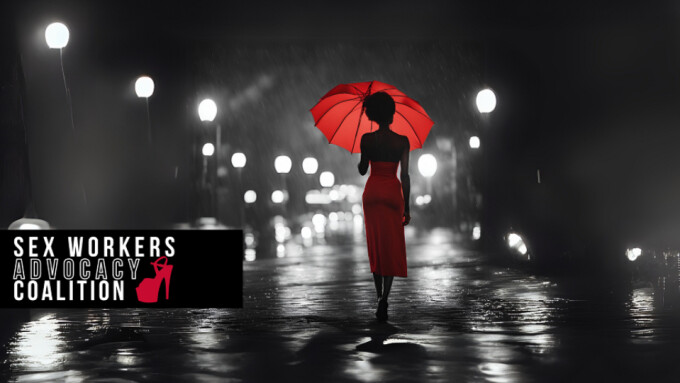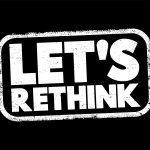In a bold move on the world stage, a coalition of American sex worker rights advocates has traveled to Geneva, Switzerland, to formally call out the United States for human rights violations before the United Nations. The group is leveraging a unique UN process to turn an international spotlight on the systemic harms faced by sex workers back home.
The Sex Workers Rights Coalition (SWRC) timed their visit to coincide with the UN’s Universal Periodic Review (UPR), a mechanism where member nations essentially give each other a “human rights report card” every five years. The coalition’s mission is clear: convince other countries to publicly pressure the U.S. to protect the rights of sex workers and transgender people.
“Every Arrest is a Rights Violation”
At the heart of the SWRC’s case is a powerful report built on a comprehensive survey of over 200 sex workers. The findings paint a stark picture of life under current U.S. policies, detailing experiences with criminalization, healthcare access, migration, and discrimination.
The coalition isn’t just asking for better treatment from law enforcement; they’re demanding a complete overhaul of the system.
“Being treated ‘well’ by law enforcement/ICE is not enough,” the SWRC report states. “We want an end to the criminalization and policing of our lives. We consider every arrest for sex work a rights violation.”
Their demands call on the U.S. to “end the criminalization of sex workers’ lives in all forms,” which includes getting rid of discriminatory registries and surveillance systems, some of which now use facial recognition and AI. Instead of policing, they argue, the government should “invest resources in education, job training, healthcare, and housing programs” for marginalized communities.
The push is part of a broader industry trend where creators and workers are demanding more agency and fighting for their labor to be recognized as legitimate. The SWRC wants sex workers to be seen as “legitimate rights-holders under international law,” ensuring their voices are central to any policymaking that affects them.
A Voice for the Vulnerable
The report isn’t just a collection of data; it’s a platform for the human stories behind the statistics. Zee Xaymaca, an advocate with The Outlaw Project who contributed to the report, eloquently captured the urgency of their mission.
“In the current climate, the U.S. is overtly anti-human rights,” Xaymaca declared. “We won’t go willingly with this continued shift toward fascism… We resist in every way available and welcome the support of our sibling nations to protect our lives and livelihoods in the face of constant government hostility.”
This sentiment underscores the feeling that for many, especially trans and queer BIPOC sex workers, the fight is not just for rights, but for survival.
A Global Plea for Local Change
The SWRC, which includes powerhouse organizations like the Black Sex Worker Collective, Transgender Law Center, and SWOP-USA, knows this is an uphill battle. To date, the U.S. has accepted only one UPR recommendation related to sex workers’ rights. That was back in 2010, when Uruguay successfully urged the U.S. to launch campaigns against violence and stereotypes targeting LGBTQ+ people, with a special mention of the “special vulnerability of sexual workers.”
Now, over a decade later, the coalition hopes to secure new, stronger recommendations for the upcoming 2025 review. Their presence in Geneva is a strategic effort to get their issues on the official agenda, forcing a conversation the U.S. government has long avoided.
As Zee Xaymaca powerfully concluded, the goal is to ensure the international community can no longer look away.
“At the very least, the world must bear witness to the harm the U.S. perpetrates against trans and queer BIPOC folks and sex workers, as well as the unhoused, migrant, and otherwise vulnerable communities inside and outside of its borders.”
* Photo from xbiz.com









